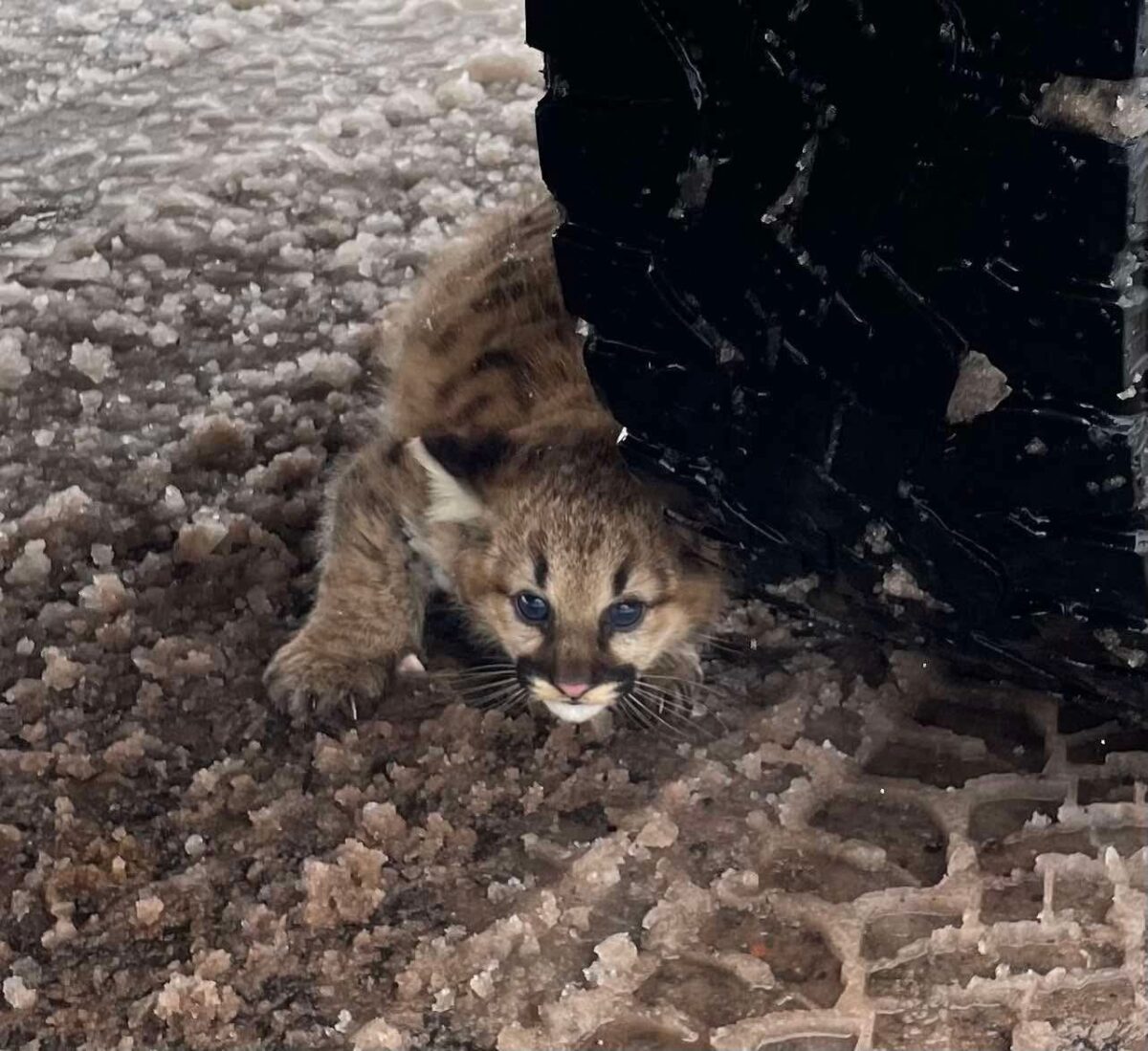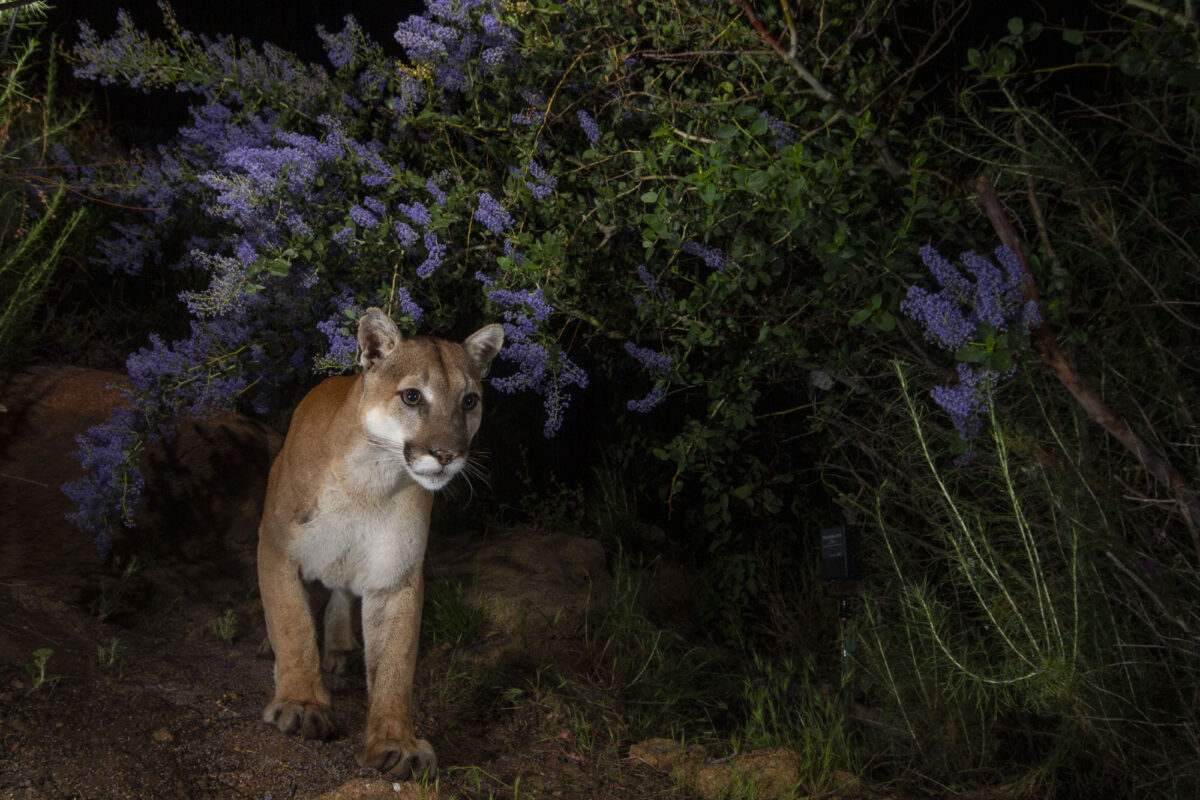
The Mountain Lion Foundation team recently gathered with experts and advocates at the Western Association of Fish and Wildlife Agencies’ (WAFWA) 14th Mountain Lion Workshop in New Mexico. Our Mountain Lion Foundation team joined wildlife photographers, scientists, hound handlers, advocates, and agency staff from across the West — all united by a shared commitment to these magnificent cats.
We witnessed diverse perspectives from Washington to Kansas to Florida, engaging with presentations on mountain lion behavior, population monitoring, eastern range expansion, and human-wildlife coexistence. While management approaches varied dramatically between states – from aggressive hunting policies to strict protections — many participants acknowledged what we’ve long advocated: mountain lions don’t recognize political boundaries, and their conservation requires collaborative, cross-border thinking.
After the workshop concluded, our team extended our stay in Albuquerque for our annual staff planning retreat. Surrounded by New Mexico’s breathtaking landscapes, we aligned on priorities and actions for the coming year’s mountain lion protection initiatives.
The photographs below offer a glimpse into our stay — our staff exploring the region’s natural wonders and rich cultural heritage while deepening the bonds that make us effective advocates for America’s lion.
Diverse Voices, Shared Purpose: The 14th Mountain Lion Workshop
The diversity of participants at the Albuquerque WAFWA workshop demonstrated the widespread interest in mountain lion conservation across different fields and perspectives.
Throughout the workshop, states presented varied approaches to population monitoring and management. Methodologies for counting lions differed significantly between regions, with many wildlife managers acknowledging the inherent challenges in tracking animals that regularly cross jurisdictional boundaries.
A notable theme emerged during discussions: mountain lion populations would benefit greatly from monitoring systems that transcend state lines, though implementing such approaches faces considerable political and logistical hurdles. This recognition reinforces the need for collaborative conservation efforts that match the natural range and movement patterns of these wide-ranging carnivores.
Despite sometimes dramatically different management philosophies—from aggressive hunting regimes to strict protections—the conference maintained a collaborative atmosphere. All participants showed genuine respect for differing viewpoints, creating space for productive dialogue. As one houndsman thoughtfully observed during a conversation, “It’s hard to hate up close.”
The Mountain Lion Foundation values these opportunities to engage with the full spectrum of stakeholders involved in mountain lion management and research. We look forward to the next Workshop and the chance to continue learning from the many dedicated professionals working in this field.
Teambuilding in the Land of Enchantment
With new insights gleaned from the workshop, our team transitioned into our annual staff planning retreat, taking advantage of our time in New Mexico to chart our course for the coming year. Here are a few pictures of our time together:








 Facebook
Facebook Twitter
Twitter Send Email
Send Email


